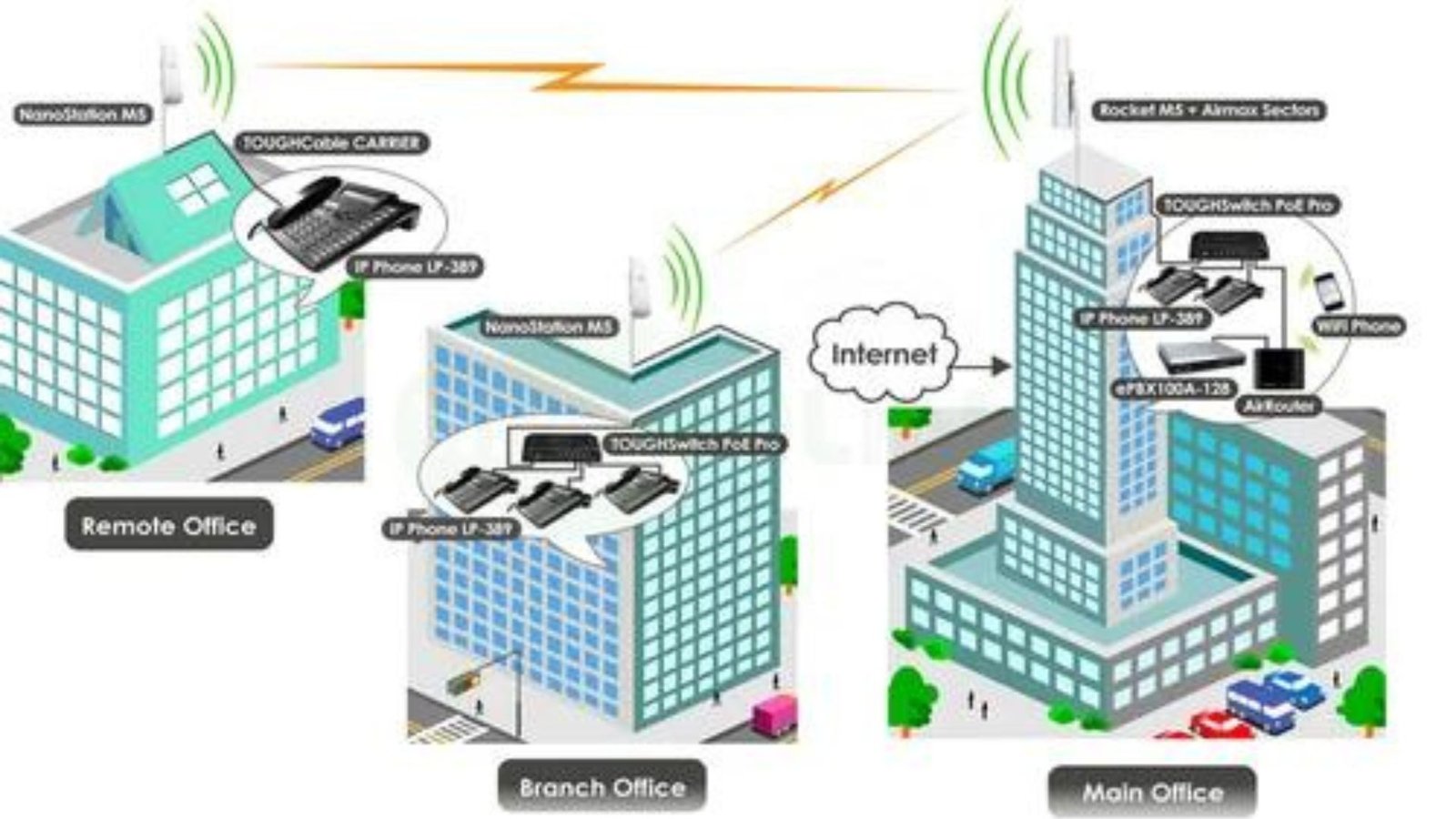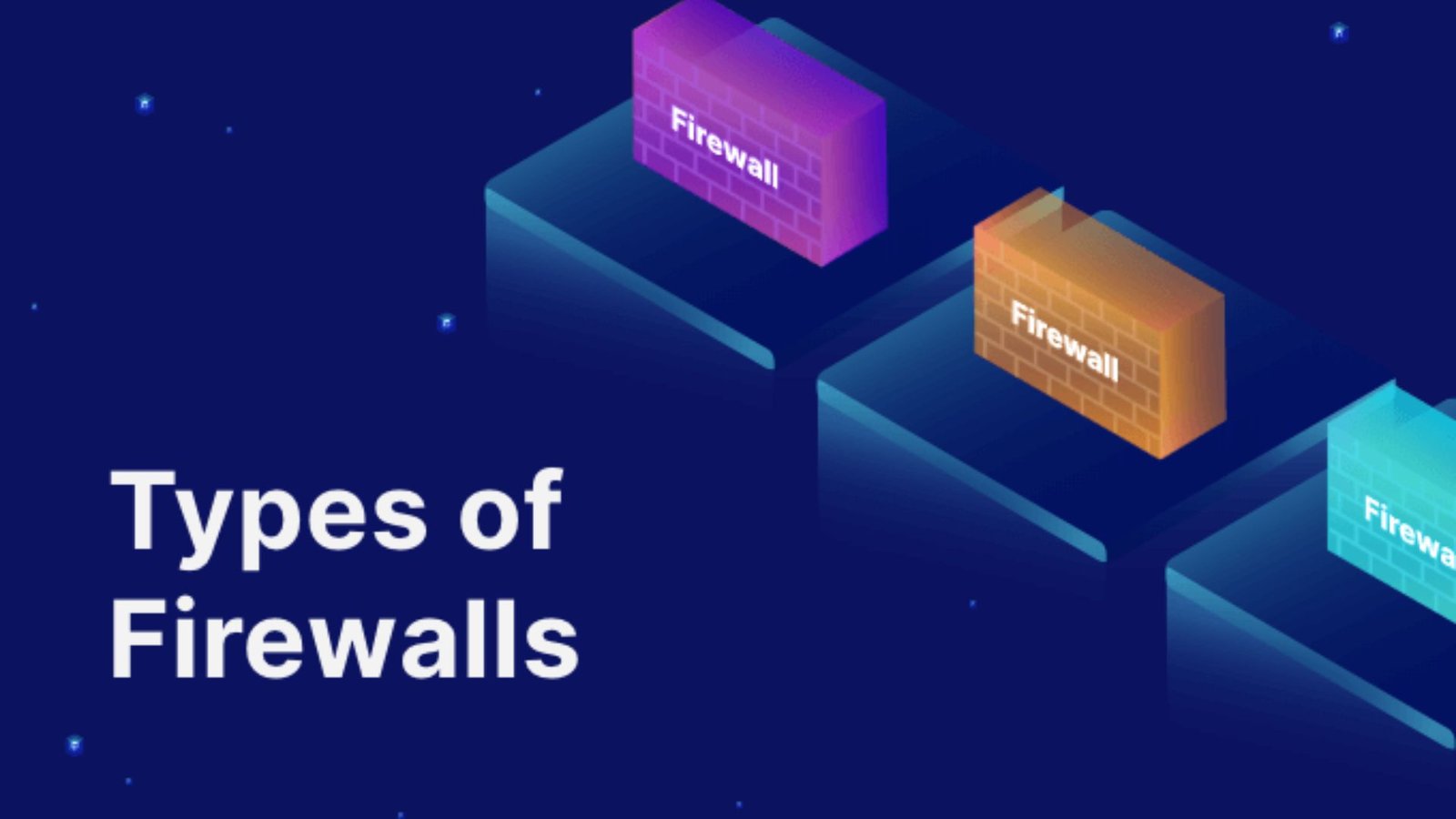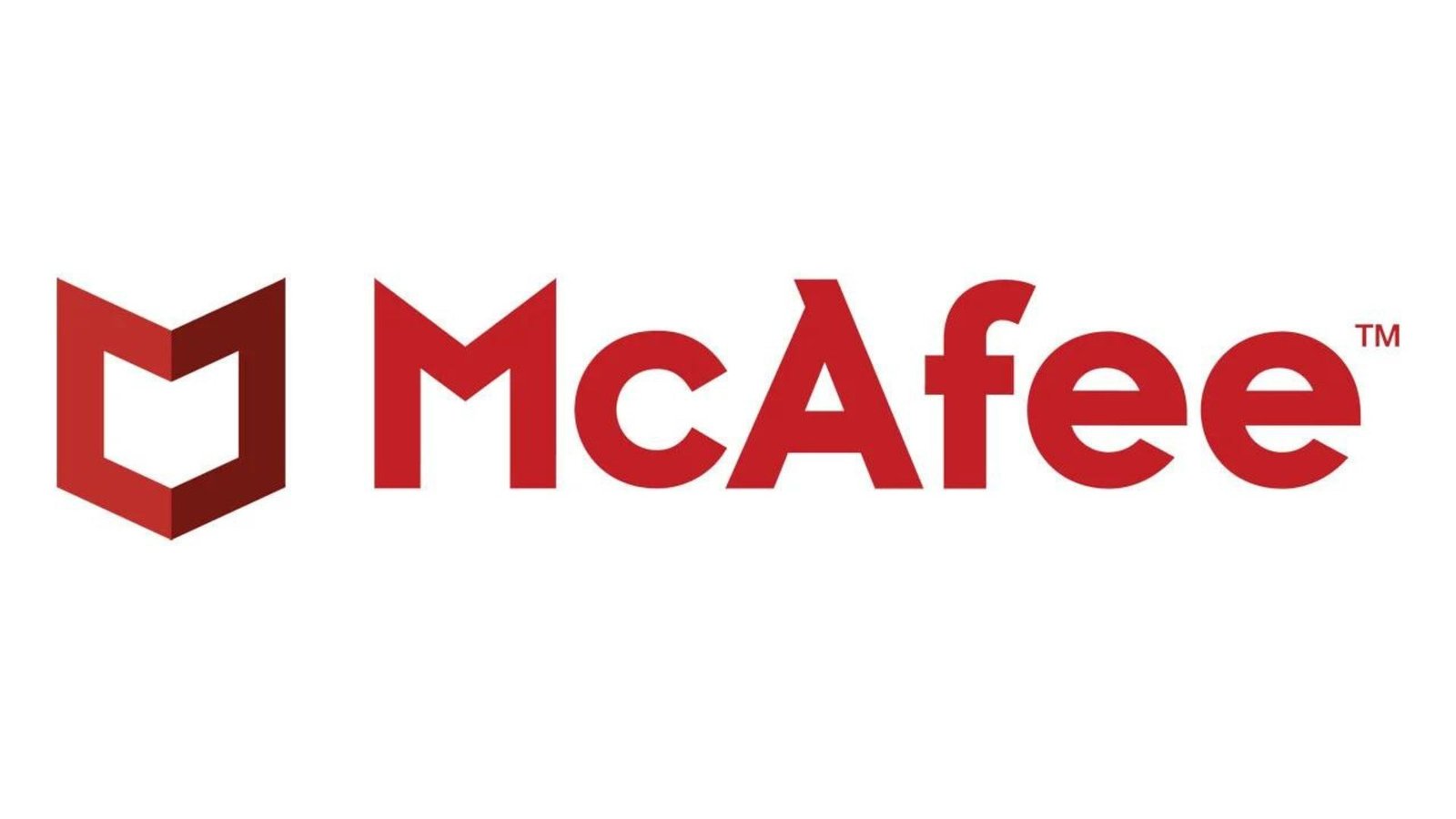For small businesses, having a reliable firewall is crucial to protect sensitive data and ensure network security. A firewall acts as a barrier between your internal network and external threats, helping to prevent unauthorized access and cyber attacks. Choosing the right firewall solution can be challenging, given the variety of options available. This guide will help you understand the best firewall solutions for small businesses, focusing on key features and considerations to ensure optimal protection.

Why Small Businesses Need a Strong Firewall
Firstly, small businesses are often targeted by cybercriminals due to perceived vulnerabilities. A robust firewall helps defend against these threats by controlling and monitoring incoming and outgoing network traffic. Additionally, a firewall safeguards against various types of attacks, including malware, ransomware, and phishing attempts, thus protecting sensitive business data and maintaining operational integrity.
Moreover, a good firewall solution helps ensure compliance with data protection regulations and industry standards, further enhancing your business’s security posture.
Key Features to Look for in a Firewall Solution
1. Easy Management and Configuration
For small businesses, ease of management and configuration is essential:
- User-Friendly Interface: Choose a firewall with an intuitive and user-friendly interface. This simplifies setup and ongoing management, especially if you lack dedicated IT staff.
- Pre-Configured Settings: Look for firewalls with pre-configured security settings and templates tailored to small business needs. This helps streamline the initial setup process.
Easy management ensures that you can maintain robust security without requiring extensive technical expertise.
2. Comprehensive Threat Protection
Effective threat protection is a critical feature of any firewall solution:
- Intrusion Prevention System (IPS): Select a firewall with an integrated IPS to detect and block potential intrusions and attacks in real-time.
- Advanced Threat Detection: Look for features like deep packet inspection (DPI) and malware filtering to provide comprehensive protection against various types of cyber threats.
Comprehensive threat protection helps safeguard your network from a wide range of security risks.
3. Scalability
Choose a firewall that can grow with your business:
- Scalable Solutions: Opt for firewalls that offer scalability, allowing you to upgrade or expand as your business grows. This includes adding more users, devices, or additional security features.
- Flexible Licensing: Consider solutions with flexible licensing options that can accommodate changes in your business size and requirements.
Scalability ensures that your firewall solution remains effective as your business evolves.
4. Support and Updates
Regular support and updates are vital for maintaining firewall effectiveness:
- Customer Support: Choose a firewall solution with reliable customer support to assist with any issues or questions. Look for providers offering various support channels, such as phone, email, or chat.
- Regular Updates: Ensure that the firewall receives regular updates and patches to protect against new and evolving threats.
Ongoing support and updates help keep your firewall effective and responsive to emerging security challenges.
5. Integration Capabilities
Integration with other security solutions can enhance overall protection:
- Compatibility: Select a firewall that integrates seamlessly with other security tools and systems, such as antivirus software, VPNs, and network monitoring solutions.
- Centralized Management: Consider solutions that offer centralized management for ease of administration and monitoring.
They help create a cohesive security environment that provides comprehensive protection.
Types of Firewall Solutions for Small Businesses
1. Hardware Firewalls
Hardware firewalls are dedicated devices that provide robust protection:
- Dedicated Appliance: These are standalone units installed between your network and the internet. They offer strong security and are ideal for protecting multiple devices.
- Network-Based Protection: Hardware firewalls provide network-wide protection and are suitable for businesses with multiple users and devices.
They are a good choice for businesses seeking robust, scalable protection with dedicated resources.
2. Software Firewalls
Software firewalls are installed on individual devices:
- Device-Based Protection: These firewalls are installed on computers or servers, providing protection for individual devices rather than the entire network.
- Cost-Effective: Software firewalls are often more cost-effective for smaller setups or businesses with limited budgets.
They are suitable for businesses that need protection for individual devices rather than a network-wide solution.
3. Unified Threat Management (UTM) Firewalls
UTM firewalls combine multiple security features into a single solution:
- All-in-One Solution: UTM firewalls integrate features like firewall protection, intrusion detection, antivirus, and content filtering into one device or application.
- Simplified Management: They provide a comprehensive security solution with simplified management, making them ideal for small businesses with limited IT resources.
UTM firewalls offer a convenient all-in-one security solution that combines multiple features into one platform.
How to Choose the Right Firewall for Your Small Business
1. Assess Your Needs
Begin by assessing your business’s specific security needs:
- Network Size: Consider the number of devices and users that need protection. Choose a firewall that can handle the traffic and scale with your business.
- Type of Data: Identify the types of data you need to protect and ensure the firewall offers appropriate security features.
Assessing your needs helps you select a firewall solution that aligns with your business’s requirements.
2. Evaluate Your Budget
Consider your budget when selecting a firewall solution:
- Initial Cost: Compare the initial costs of different firewalls, including hardware and software options.
- Ongoing Costs: Factor in any ongoing costs for updates, support, or licensing.
Choosing a firewall within your budget ensures you get the best value for your investment while meeting your security needs.
Conclusion: Securing Your Small Business with the Right Firewall
In conclusion, selecting the right firewall solution is crucial for protecting your small business from cyber threats. By considering features such as ease of management, comprehensive threat protection, scalability, support, and integration capabilities, you can choose a firewall that meets your needs effectively.
Additionally, understanding the different types of firewalls—hardware, software, and UTM—helps you select the best option based on your business size, data protection needs, and budget. With the right firewall in place, you can enhance your network security and safeguard your business from potential threats.










